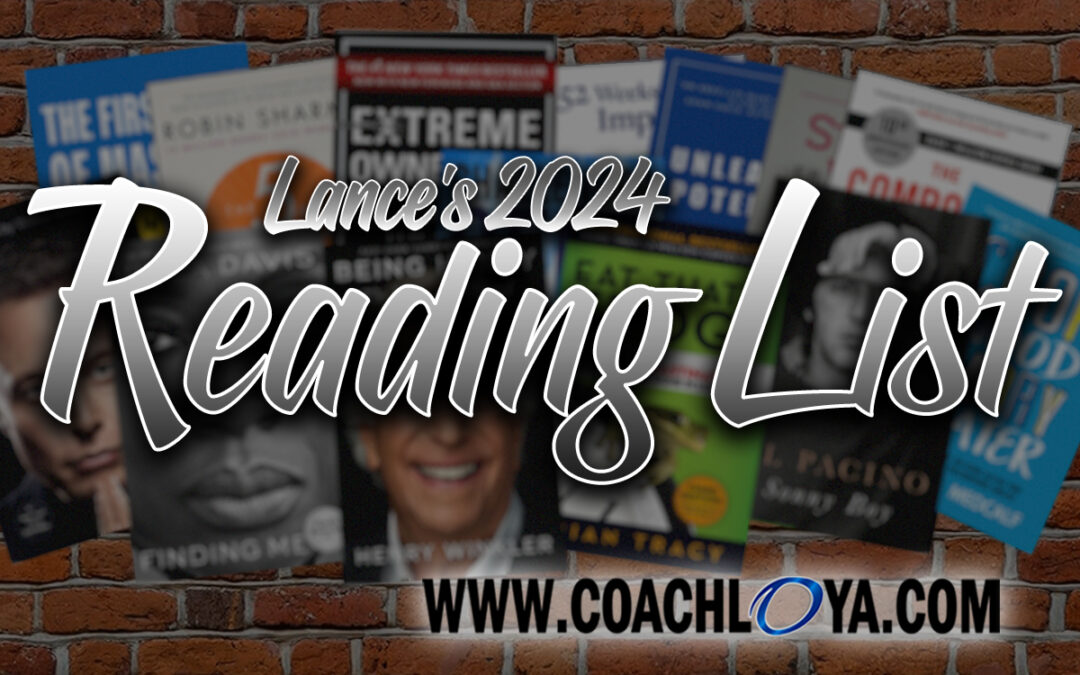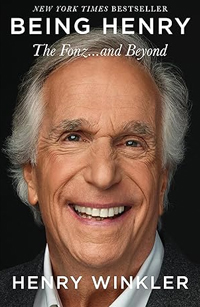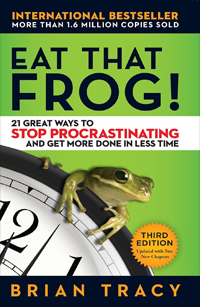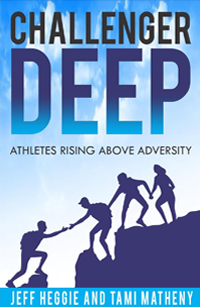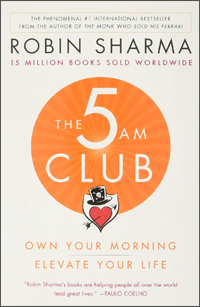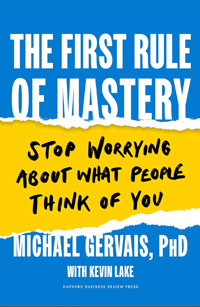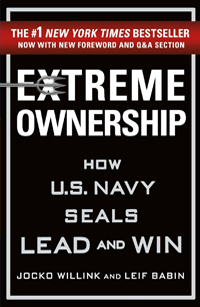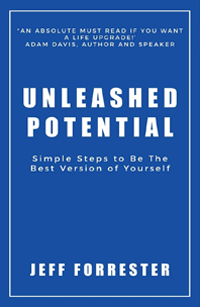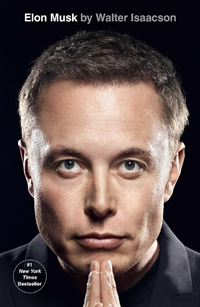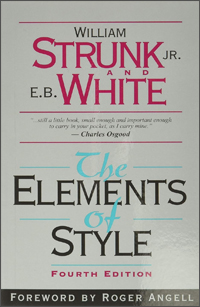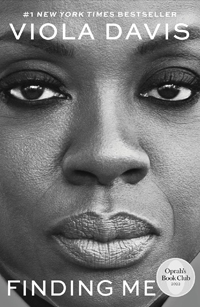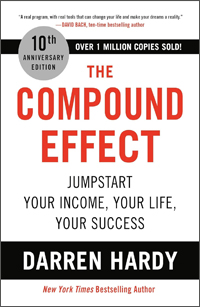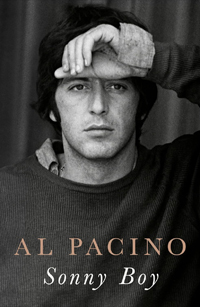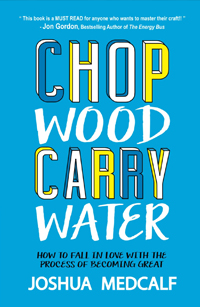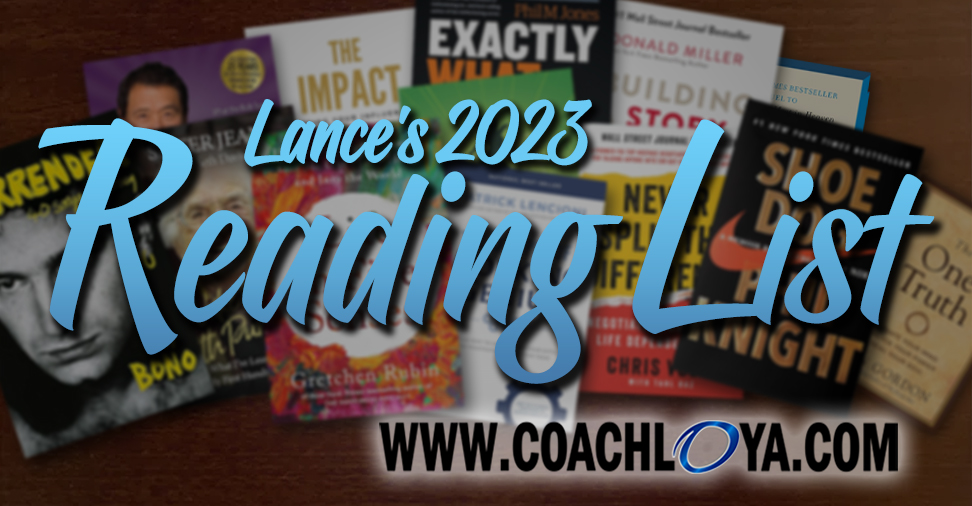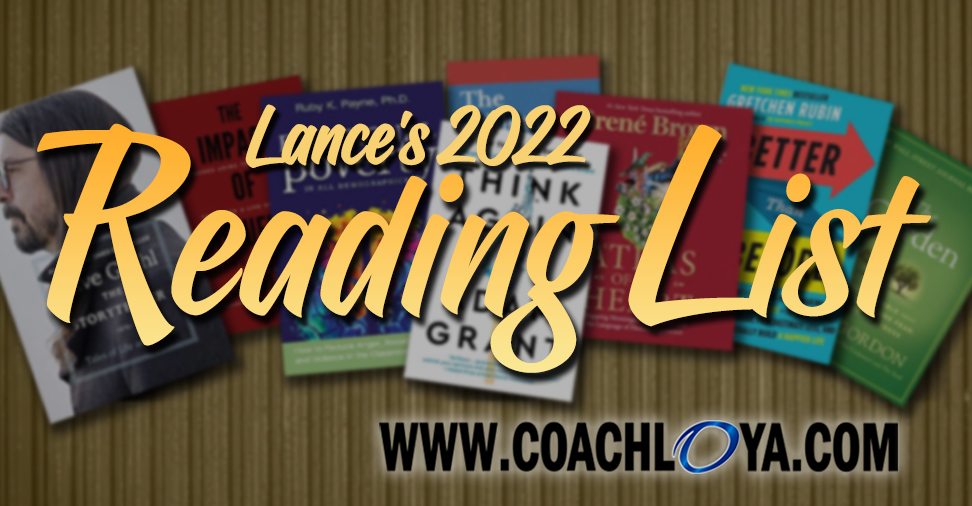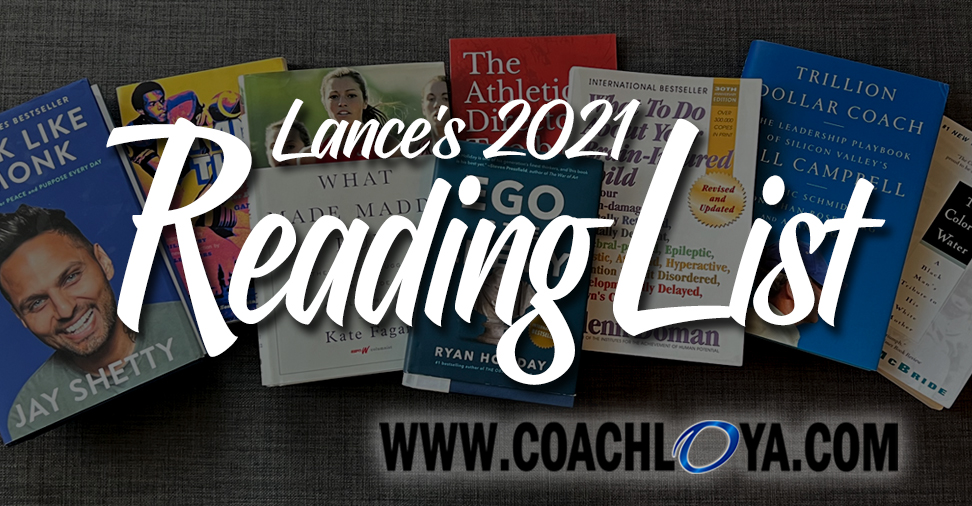I enjoy learning. Hence, I enjoy reading.
As Oscar Wilde said, “It is what you read when you don’t have to that determines who you will be when you can’t help it.”
Four years ago, I started sharing a list of books I’ve read during the past year. Sharing this list came in response to how often I was asked if I’ve read any good books lately.
Many of the books I choose to read are the product of me asking someone that same question. Discovering what books someone reads offers a glimpse into their soul—and their priorities.
A few caveats about my list…
1. I read for the sole purpose of learning. That means I choose my books with the expectation of them helping me become a better version of myself. That also means that I typically only read non-fiction.
2. I had an objective to read more biographies/memoirs this year. I read four, and I enjoyed all four.
3. I have a busy schedule, filled with professional and family obligations. I am also a notoriously slow reader. I try to read about a book per month.
4. I don’t continue to read books I don’t like. In the past, if I started a book and it was uninteresting, I forged ahead through the monotony until I finished. I no longer do this. Now, I simply stop reading the book if I don’t find value in it. This note is significant because I finished every book listed below and found value in every one of them.
Here’s are the books I read and a key takeaway from each:
Being Henry: The Fonz . . . and Beyond
By Henry Winkler
Relationships matter. Be nice to everyone you pass on your ascension, because you will inevitably encounter them—and likely need them—during your descension.
Eat That Frog!: 21 Great Ways to Stop Procrastinating and Get More Done in Less Time
By Brian Tracy
Tackling your biggest, most unpleasant task first maximizes productivity and allows you to accomplish more in a day. This involves planning and prioritizing, but it also involves recognizing your “peak period”—the time of day when you are most active.
52 Weeks of Impact: A Guidebook for Your First Year of Leadership
By Kelsey Neff
Finding success as an emerging team leader lies in your ability to tactically, and tactfully, pose questions—to your staff, your supervisors, and yourself. This requires both humility and courage.
Challenger Deep: Athletes Rising Above Adversity
By Tami Matheny and Jeff Haggie
“Challenger Deep” is the deepest part of the Pacific ocean—the lowest point on Earth. This collection of 30 short stories and their accompanied action items and reflection questions inspire readers to climb from their lowest points. I found the stories to be a good reminder that no one who strives for success is exempt from facing adversity.
The 5AM Club: Own Your Morning. Elevate Your Life
By Robin Sharma
A structured and consistent morning work-rest routine can act as a catalyst for greater productivity, health, and happiness. Follow the 20/20/20 Rule: 20 minutes of exercise, 20 minutes of reflection, and 20 minutes of learning a new skill.
The First Rule of Mastery: Stop Worrying about What People Think of You
By Michael Gervais
The single greatest constrictor of human potential is the fear of people’s opinions (FOPO). When you give more value to other people’s opinions than you do our own, you live life on their terms, not yours.
Extreme Ownership: How U.S. Navy SEALs Lead and Win
By Jacko Willink and Leif Babin
To convince others to follow a mission, you must believe in the mission. Keep asking questions until you are clear on “Why are we doing this?” Good teammates have an obligation to seek this information. Good leaders, who value good teammates, have an obligation to disseminate this information. Those who don’t believe in the strategy won’t give their best effort.
(*By the way, I went back and listened to the audiobook after I read the hardcopy. I highly recommend doing so. Listening to Leif Babin’s voice is like having Batman do the narration.)
Unleashed Potential: Simple Steps to Be the Best Version of Yourself
By Jeff Forrester
Effective external communication is fueled by self-awareness. Habitually responding to texts or emails that include articles, jokes, or memes that you’ve already seen with “I just saw that” or “I saw that last week” destroys the other person’s excitement for sharing something of value with you. They will eventually stop sharing with you if you continue to respond that way.
Elon Musk
By Walter Isaacson
I’ve been frustrated with the changes Elon Musk made to X (Twitter). I read this book in search of understanding and to perhaps ease my frustrations. I found it to be incredibly enlightening! I learned a lot about the world’s richest and arguably most influential person, including why Cybertrucks are shaped the way they are, why he thinks reaching Mars is important to human existence, and how crucial efficiency and accountability are to teamwork. This book made so many things about Elon Musk make sense to me. I might not agree with him, but I understand where he’s coming from.
The Elements of Style
By William Strunk, Jr. and E.B. White
This writing-style manual is an oldie, but a goodie. It’s been around since World War II. Reading it reminded me of an important communication tenet: Effective messaging involves short sentences, strong verbs. Short and crisp is always better.
Finding Me: A Memoir
By Viola Davis
I could relate to many of Viola Davis’ childhood memories. Becoming the best version of yourself often necessitates rediscovering who you were before the world put a label on you. Freedom funnels through reflection.
The Compound Effect: Jumpstart Your Income, Your Life, Your Success
By Darren Hardy
Consistency is the key. Small, seemingly insignificant actions lead to progress. Just as compound interest grows exponentially, consistent actions “compound” and lead to significant outcomes over time.
Sonny Boy: A Memoir
By Al Pacino
When you have nothing left to hide, you have nothing left to fear. Real growth comes through vulnerability. This memoir shows that everyone needs help at times. Al Pacino received help during many stages of his life. I especially liked the story of the help/loyalty he received from Adam Sandler—a genuine “good teammate move” on Sandler’s part.
Chop Wood Carry Water: How to Fall in Love with the Process of Becoming Great
By Joshua Medcalf
Focus on the process of your actions rather than solely on the outcome. Doing so requires mindfulness, patience, resilience, and embracing the journey. Accept that you cannot control the results, but can control your approach.
One final note…
In addition to the books listed above, I also read several manuscripts fellow authors sent me throughout the year, soliciting feedback and/or endorsements. I look forward to sharing more of them with you in the future.
If you’ve got any book recommendations, I welcome you to “share” them with me! I’m always open for recommendations.
As always…Good teammates care. Good teammates share. Good teammates listen. Go be a good teammate.

